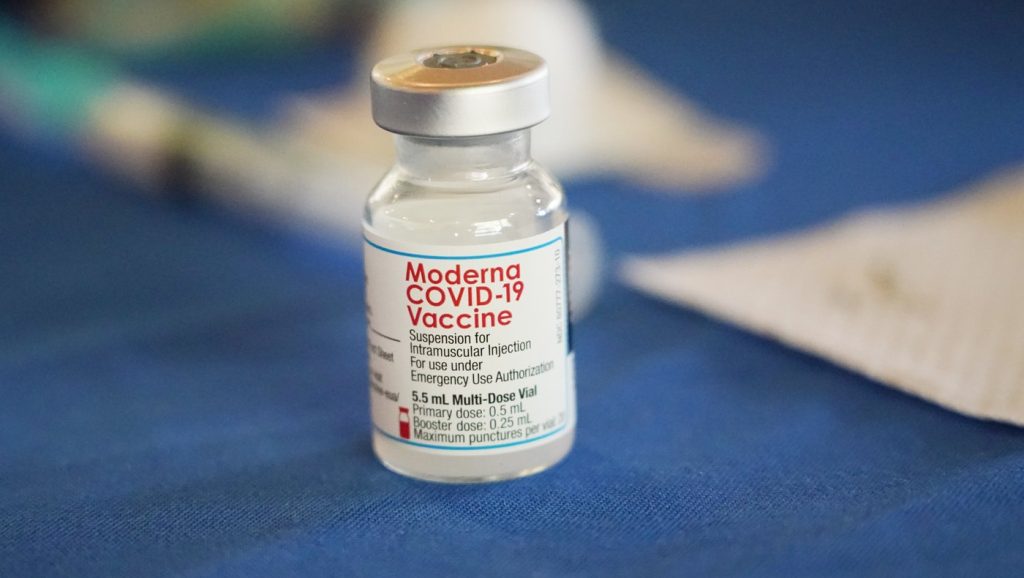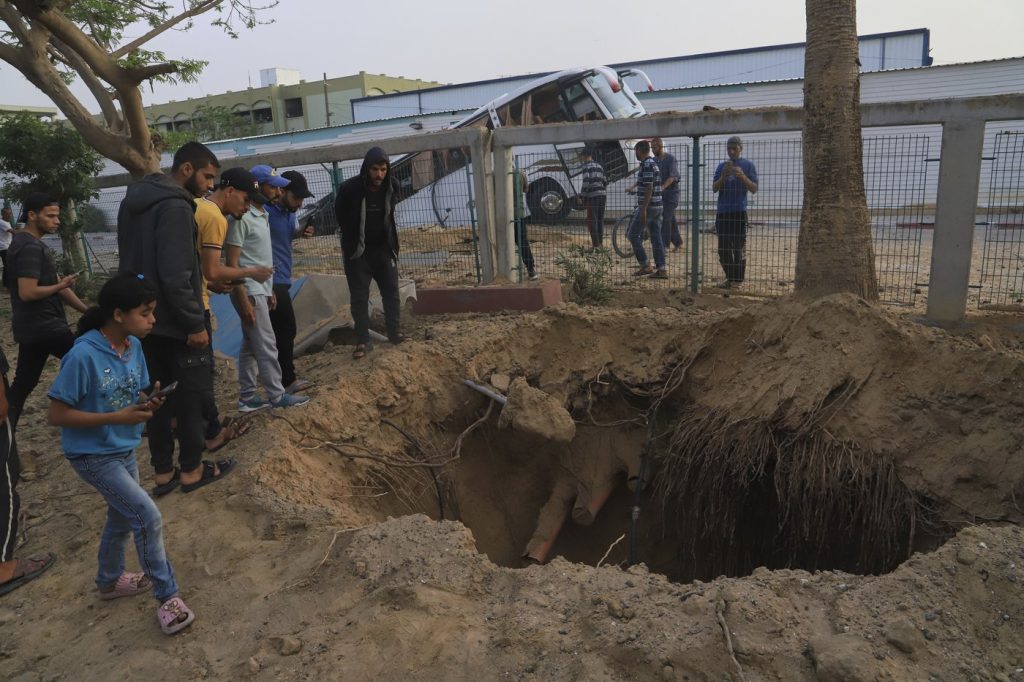The emergence of a new COVID-19 variant, designated NB.1.8.1, has sparked renewed concerns as cases are beginning to rise globally. The World Health Organization (WHO) announced on a Wednesday that the increase in cases is primarily occurring in three regions: the eastern Mediterranean, Southeast Asia, and the western Pacific.
In the United States, airport screenings have detected the NB.1.8.1 variant among travelers arriving from these regions, particularly in states like California, Washington, Virginia, and New York. This raises alarm bells about the potential for localized outbreaks as the variant spreads further across the country.
As the public health landscape evolves, the stance on COVID-19 vaccinations in the U.S. is undergoing significant changes. On Tuesday, Health Secretary Robert F. Kennedy Jr. announced that COVID-19 vaccinations are no longer recommended for healthy children and pregnant women. This decision has sparked immediate debate and concern among various public health experts who question the implications of such a policy shift.
By mid-May, reports indicated that the NB.1.8.1 variant had reached nearly 11 percent of sequenced samples analyzed globally. The WHO has categorized this variant as a “variant under monitoring,” while currently assessing the public health risk as low on a global scale. Importantly, existing vaccines are expected to maintain their effectiveness against this new strain.
Despite the identification of this new variant, some countries in the western Pacific have reported increases in COVID-19 cases and hospitalizations; however, there is no evidence thus far suggesting that NB.1.8.1 is associated with more severe disease than other variants. In fact, the variant LP.8.1 continues to be the dominant strain both in the United States and globally, reflecting the ongoing battle against COVID-19 variants.
As the situation develops, health officials will closely monitor the spread of NB.1.8.1 and assess its impact on public health guidelines, vaccination strategies, and overall pandemic management. The interplay between new variants, vaccination policies, and public health actions will be crucial in navigating the continued challenges posed by COVID-19.












